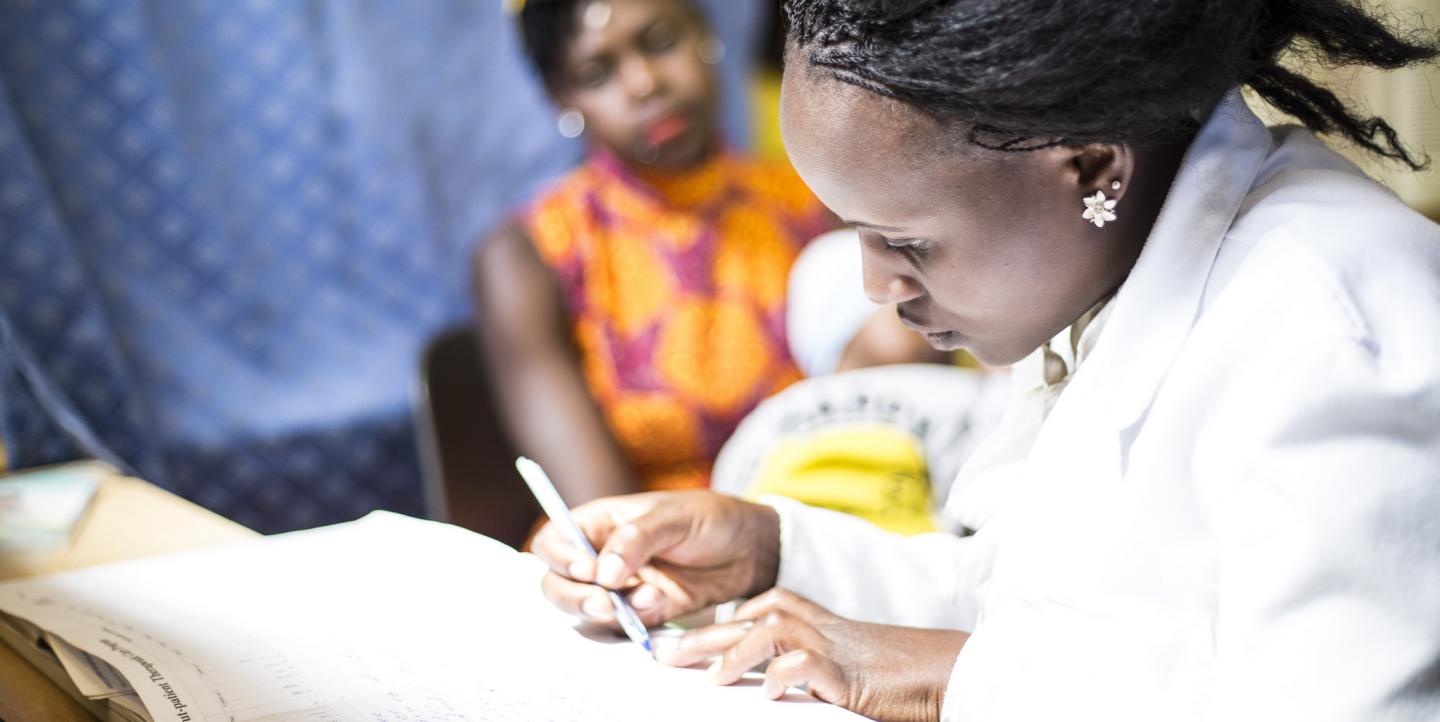Joy Wanja Muraya, medical journalist and health editor at The Conversation, posted to her Facebook on World Cancer Day in early February: “I live for such days when health and medicine is the top story.”
She was congratulating two journalists, Elizabeth Merab and John Ngirachu, for a series of stories on cancer that appeared from page one onwards in Kenya’s largest newspaper, The Daily Nation, which is published by Nation Media Group.
The stories were coordinated and produced by Nation Media Group’s newly created science desk, which is transforming how science journalism is practiced in Eastern and Central Africa.
Science journalism in the region
Science journalism is still in its early stages in Africa at large. Kenya, the country whose media environment is considered the most developed in the region, did not have a well-coordinated science reporting desk despite the great need that existed.
Kenyans’ medical decisions are often influenced by the media. Studies have shown that Kenyan women rely on the media to make decisions on birth control. The Ministry of Health also relies on mainstream media, particularly the radio, to spread health information on the HIV scourge.
Now, Kenya is facing more than HIV as a public health threat. Non-communicable diseases are on the rise, and the Ministry of Health is turning to the media to raise awareness. Civil society organizations are also turning to the media to critique the mismanagement of health in Kenya.
Media organizations’ advertising revenue has been declining, forcing even large organizations like Nation Media Group to resort to drastic survival tactics, including layoffs and shutting down portions of their businesses. Unfortunately, health and science reporting are almost always the first casualty of budget constraints at media organizations: the pages are removed and the reporters are laid off or moved to other sections of the paper.
A 2011 UNESCO report noted the lack of science journalism in East Africa and reporters’ reliance on “churnalism,” where reporters rely on press releases and regurgitated only what was sent to them.
This reliance on press releases has been attributed to the lack of science journalism training in Kenya’s journalism schools. The newsroom workload rarely leaves time for reporters to research and report stories on their own.
Justin Martin, a journalism professor at Northwestern University in Qatar, visited Kenya in 2011 and commented that the impediment to increasing medical reporting in Kenya was overcoming doubts that such news can be lucrative. Veteran journalist Otula Owuor noted that there were hardly any reporters that focused on science due to insufficient training and funding, as well as a lack of relationship with the primary sources: the scientists.
Reporters who talked to IJNet cited editors’ lack of enthusiasm to publish stories on science and health. Eunice Kilonzo, a former health reporter that who has since moved to public relations, told IJNet that “for most editors, it really has to bleed to lead.”
Nation Media Group’s science desk emerged into this environment.
Creating the desk
Created in November 2016, the desk was tasked with integrated coverage of science and health for print, broadcast and digital platforms in Nation Media Group. With funding from the Bill and Melinda Gates Foundation, the desk has employed innovative storytelling methods, making science a staple for news consumers in the region by applying these topics to their daily lives and needs.
David Aduda, Nation Media Group’s business development manager, supervised the desk’s creation. He told IJNet that the desk drives attention to science news by “providing well-researched, contextualized and relevant content that resonates with the consumers.”
Apart from producing the HealthyNation supplement, which is distributed every Tuesday alongside the main newspaper, the desk supplies content to all of the company’s platforms, which include a television channel, a business publication, a regional newspaper and the Kenya-focused Daily Nation. All content is packaged for online platforms in addition to print and broadcast.
Good journalism is expensive, and the Gates Foundation’s funding takes the cost burden away from the company. While some have questioned Nation Media Group’s objectivity after receiving monetary support, Aduda said the foundation has supported their work by providing seed money to set up the desk, but they have “given Nation Media Group leeway to do its journalism without external interference.”
With these funds, the desk has paid for lab tests of meat to analyze traces of antibiotics, articles that triggered discussions in the veterinary and medical fields. It was also able to hire graphic designers to visualize data, presenting technical information in palatable forms that would have otherwise gotten lost.
Their reports have extended beyond geographical boundaries, given that global health challenges such as infectious diseases are shared across borders. Reporting projects have involved journalists from Nation Media Group’s bureaus in Kenya, Uganda, Tanzania and Rwanda, including an in-depth analysis of Malaria and “Cereal killer,” a piece about Kenya’s looming grain crisis.
The paper has a section for regular commentaries from doctors and another section where Dr. Flo answers questions that have been sent in by readers.
Setting up the desk didn’t come without its challenges, Aduda said, whether it’s finding interesting stories for the print supplement and broadcast segment or a lack of qualified, passionate writers. “Creating interest in health and science stories requires resources and committed writers,” he said.
Creating a successful science journalism desk has wide-reaching implications. The World Federation of Science Journalists, as well as doctors, commented that journalists would have helped pass information about Ebola. Kenyan media has also highlighted the mismanagement of funds in the Ministry of Health, and pushed for hospitals better equipped.
As for the future, editor-in-chief Tom Mshindi said he would like to see other aspects of science being covered, “such as physics and engineering.”
Verah Okeyo is a global health journalist from Kenya, and a postgraduate student of global media and communications at the London School of Economics and Political Science.
Main image CC-licensed by Flickr via CDC Global.

